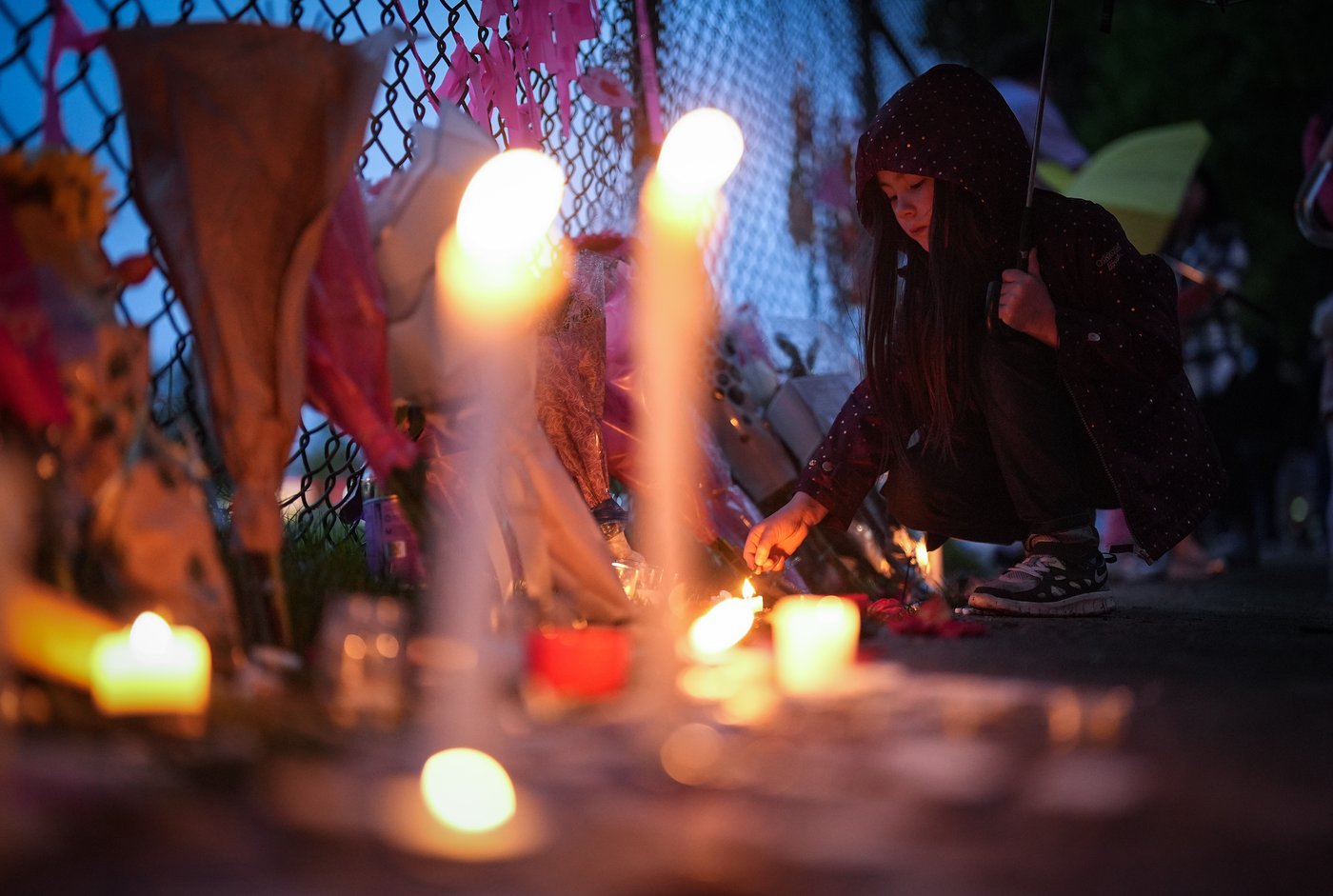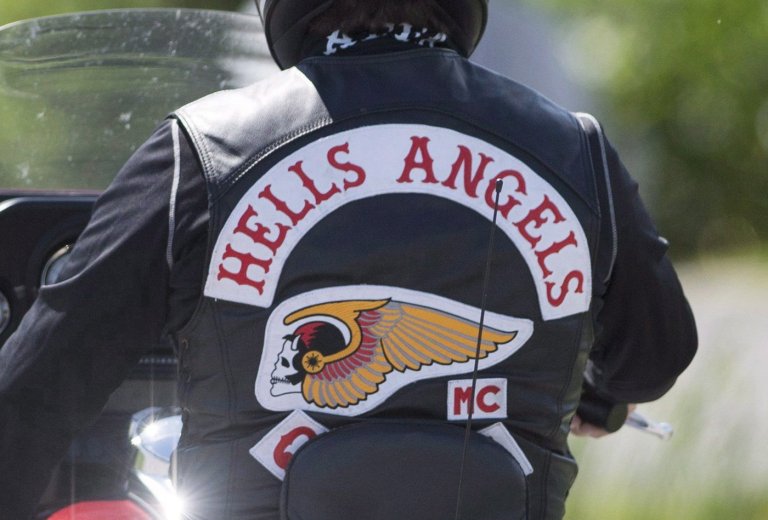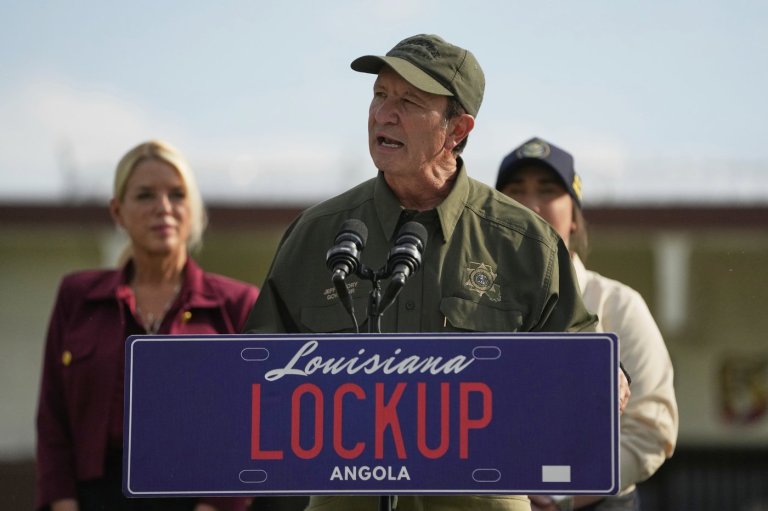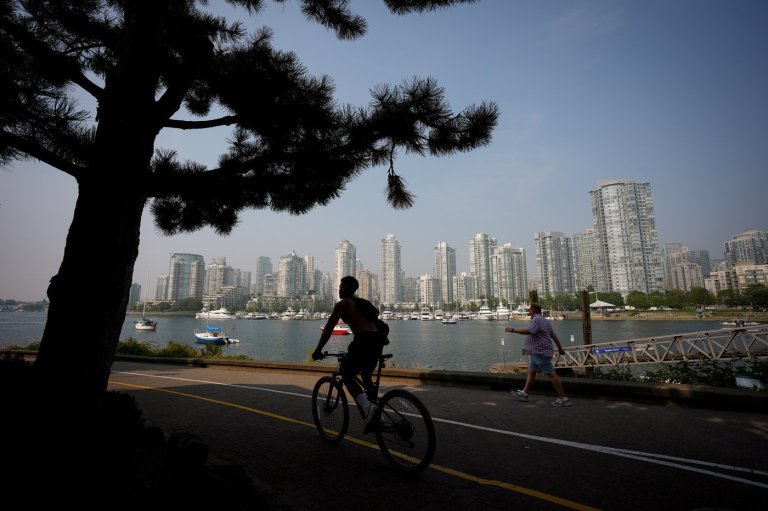
Sim says Vancouver is ‘begging’ B.C. for mental health supports after festival attack
VANCOUVER — No city can completely eliminate all risks to public safety and it’s not feasible to protect every event among thousands held each year, Vancouver Mayor Ken Sim said following the release of a public safety review prompted by the vehicle-ramming attack that killed 11 people at a street festival last spring.
Rather, he said there must be a “deep dive” to address mental health challenges that he described as the “root cause” of many public safety concerns in the city.
Sim said steps to protect public events and spaces won’t be effective without ensuring those suffering from mental health challenges get the care they need.
He said the city was “begging” the province to take action.
“And this is not a political statement,” he added. “It doesn’t matter who’s in office, you know, this is a problem that’s been going on for decades.”
The mayor’s comments came as the city and its police department released their final review of public safety at outdoor events following the attack at the Lapu Lapu Day festival on April 26.
Sim said it was “darkest day in the history of Vancouver,” starting as a celebration of Filipino culture and community and turning into an “unimaginable tragedy.”
The mayor said the joint review found planning for the festival followed the required protocols, including an assessment that determined the risk was low for a major public safety incident.
“The right steps were taken, including multiple reviews, site walks and co-ordination with first responders,” he said.
Still, Sim said the report and its eight recommendations offer a road map for strengthening public safety and balancing it with financial considerations.
Sim said he wants the city to move quickly to implement the recommendations, which include guidelines for what is described as “hostile vehicle mitigation.”
The city and the Vancouver Police Department have already “significantly increased” safety measures at certain events, including the use of barriers, he said.
At the same time, the mayor said a more effective approach to ensuring public safety would be to get people the mental health care they need.
“What we’re finding is the root cause of a lot of these challenges goes back to mental health and people who aren’t getting the care they need,” he said.
While a vehicle was used in the attack at the Lapu Lapu Day festival, Sim said even if every event were protected from vehicles, another weapon could be used.
“We administer about 3,200 events in (Vancouver) every single year, about 2,200 events, another 1,000 protests. It is not physically or financially viable to, you know, protect every single one. We have to get to the root cause the problem,” he said.
“We have to get serious about this, or we’re going to be holding press conferences talking about, you know, people getting hurt,” the mayor said.
The report’s recommendations include the development of a Vancouver-specific framework for permanent measures to prevent vehicle attacks in public spaces, along with the expansion of training and tools for event planners.
The city would assess new projects in public spaces, such as outdoor plazas, through the lens of the hostile vehicle mitigation framework once it’s developed, officials told a technical briefing prior to the news conference.
Asked about planning for the 2026 FIFA World Cup, for which Vancouver is a host city, Chief Const. Steve Rai said his department had “heightened” its assessment of what could be required to ensure public safety.
Officials would take lessons from the Lapu Lapu Day tragedy, Rai told media.
Sim said the city would be ready to host the tournament.
“It will be a safe, successful event,” he said.
Earlier Thursday, Premier David Eby said he welcomed the perspective of the city and police and hoped the report would help the province as it deliberates on how to prevent another such attack.
“It’s an issue being grappled with around the world, and we’re going to make sure that British Columbia is leading the way in terms of prevention and response,” Eby told an unrelated news conference in Surrey.
An estimated 50,000 people attended this year’s Lapu Lapu Day festival, the report says.
Adam Kai-Ji Lo is accused of driving an SUV through a street crowded with festival patrons on April 26 and he faces 11 counts of second-degree murder.
The B.C. Health Ministry said shortly after the attack that Lo was “being followed closely” under the Mental Health Act by a Vancouver Coastal Health care team.
Sim said he could not comment on the specifics of the Lapu Lapu Day tragedy as the case is before the court. Rather, he said he was making general comments about mental health challenges the city has seen.
Lo’s defence counsel and Crown lawyers concluded their legal arguments last month over the question of whether he is fit to stand trial.
A publication ban prevents evidence at the hearing from being reported.
A media consortium that includes The Canadian Press has challenged the ban, with rulings on both that application and the fitness hearing scheduled for Sept. 10.
Days after the attack, the province appointed former B.C. Supreme Court chief justice Christopher Hinkson to conduct a review of safety at public events.
Hinkson’s report, released in July, recommends that all public events across the province, regardless of size, should be supported by a risk assessment.
It called for inter-agency co-ordination and for the development of a provincial events hub for sharing information and advice.
B.C.’s minister of state for community safety, Terry Yung, told media at the time that the province would move as fast as it could to adopt the recommendations.
This report by The Canadian Press was first published Sept. 4, 2025.
Join the Conversation!
Want to share your thoughts, add context, or connect with others in your community?
You must be logged in to post a comment.



















